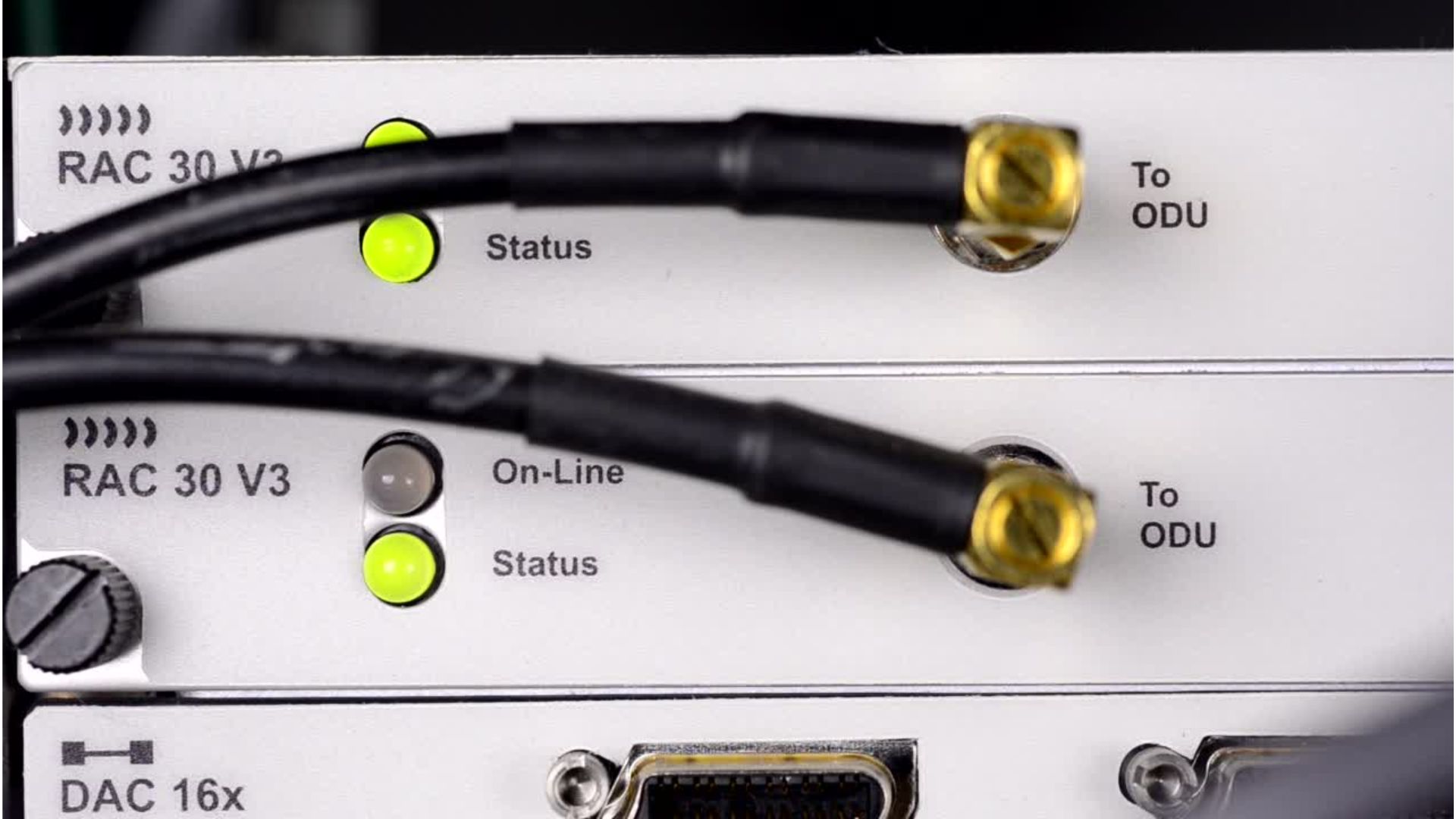Ultra-Fast Broadband in New Zealand: Access and Connectivity
Category : Changes in Technology | Sub Category : Changes in Technology Posted on 2025-04-26 09:37:29

The
Ultra-Fast Broadband (UFB) initiative in New Zealand has revolutionized the
nation's digital landscape by granting both rural and urban areas access to
high-speed internet. When the UFB program was first introduced in 2011, its
goal was to reach 87% of the population with fiber-optic internet by 2022. This
would greatly improve connectivity for homes, companies, and educational
institutions.
In
New Zealand, closing the digital divide has been made possible in large part by
the UFB implementation. The limited or
slow internet access hampered the program, social connectivity, and economic
development in many rural and isolated places. Fiber-optic network deployment
has significantly increased these areas' access to high-speed broadband,
allowing locals to participate in e-commerce, telecommuting, and online
learning.
UFB
has revolutionized the corporate landscape by providing unheard-of chances for
expansion and innovation. Big data analytics, cloud computing, new
communication technologies, and high-speed internet access help businesses
become more competitive in the global marketplace. Additionally, UFB has helped
remote work become more popular, which has allowed companies to draw in and
keep talent from across the nation.
In
the field of education, UFB has made it possible for e-learning platforms and
digital materials to be widely adopted, giving students access to a multitude
of information and educational opportunities. The quality of education in New
Zealand has improved because of schools and universities' ability to work with
organizations throughout the globe and provide online courses.
UFB
has also significantly improved social connectivity, enabling users to
communicate with loved ones online via social media, video calls, and other
high-quality platforms. This was especially crucial during the COVID-19
pandemic when using digital communication instead of physical distance was
required due to safety precautions.
Notwithstanding
its achievements, the UFB program has encountered difficulties, such as the
high expense of developing infrastructure and the requirement for continuous
upkeep and improvements. On the other hand, as demonstrated by the considerable
gains in internet speed, dependability, and accessibility nationwide, UFB's
advantages greatly exceed these difficulties.
In
conclusion, New Zealand's Ultra-Fast Broadband has transformed broadband
connection and access, fostering social cohesion, improving education, and
accelerating economic growth. New Zealand's digital future will be anchored on
the UFB initiative, which will continue to provide high-speed internet access
to all citizens if the nation makes ongoing investments in its digital
infrastructure.
Visit
our website https://nextelle.co.nz/.
#Internet
#Internetconnection #Internetconnectivity #NextelleWIreless
Search
Categories
Recent News
- Business UFB in New Zealand: Unlocking Opportunities for Growth
- UFB New Zealand: Transforming Connectivity Nationwide
- Smartphone Plans: Finding the Perfect Fit for Your Digital Lifestyle
- Unlimited Smartphone Plans: Liberating Your Mobile Experience
- Wireless Connectivity: Bridging the Gap in the Digital Era
- Cellular Mobile Networks: Empowering Connectivity on the Go
- Cellular Mobile Networks: Empowering Connectivity on the Go
- Unlimited 4G Data Included: Embracing Connectivity Without Limits